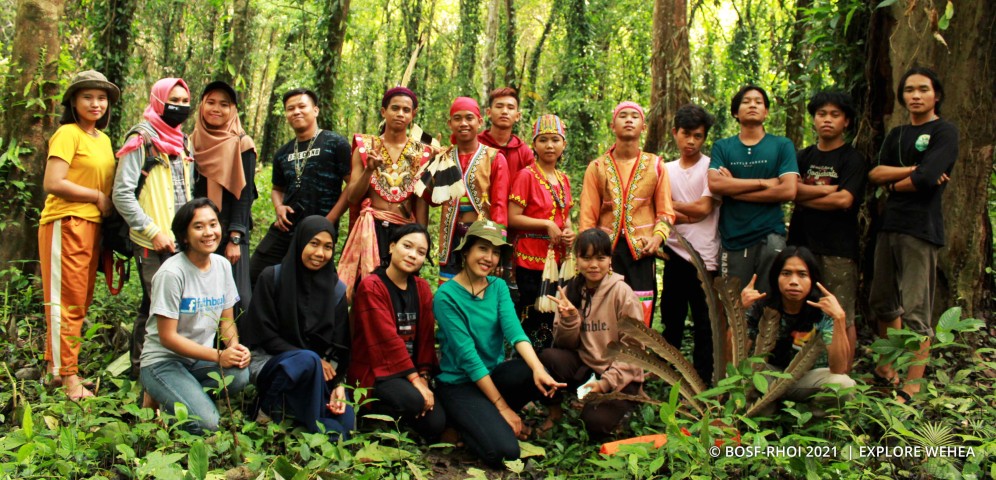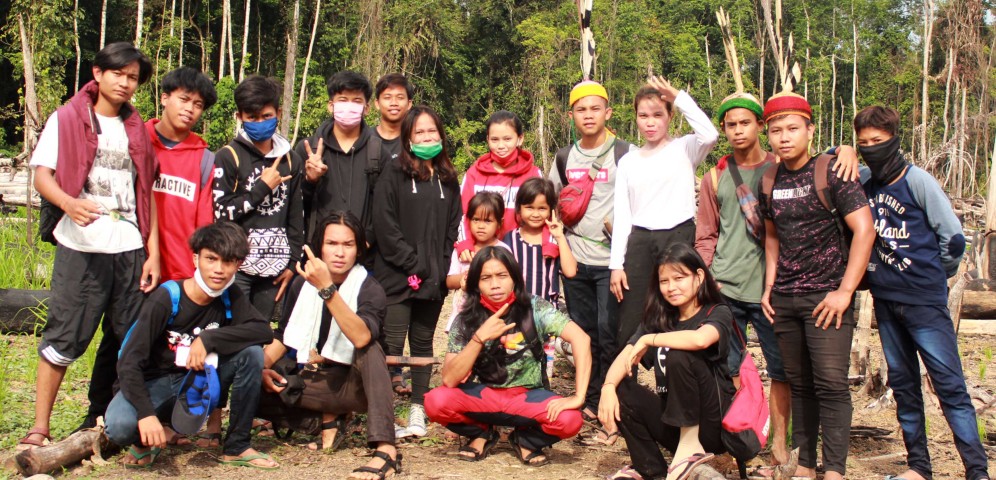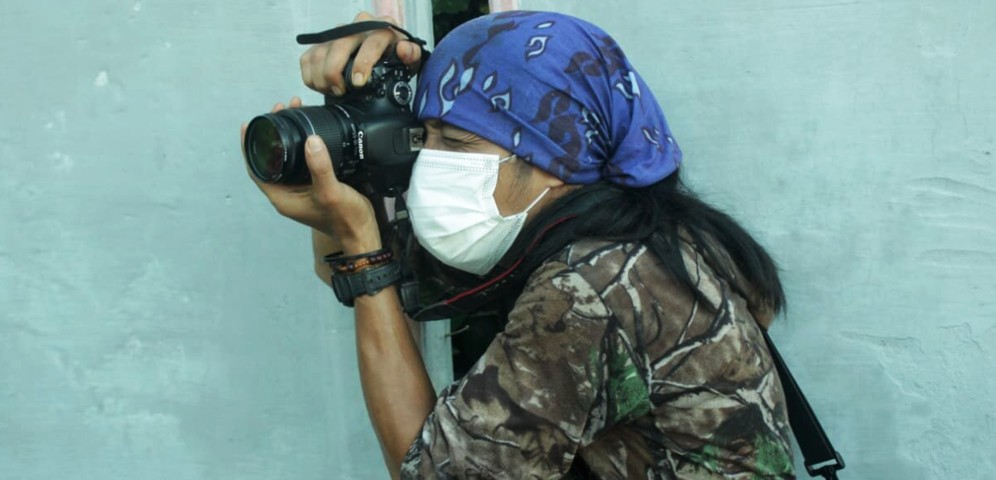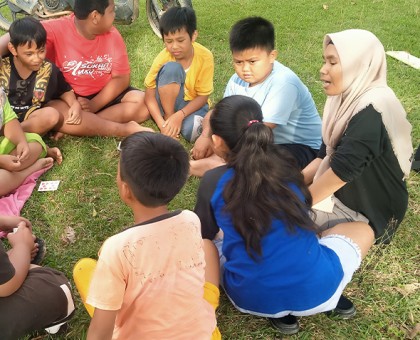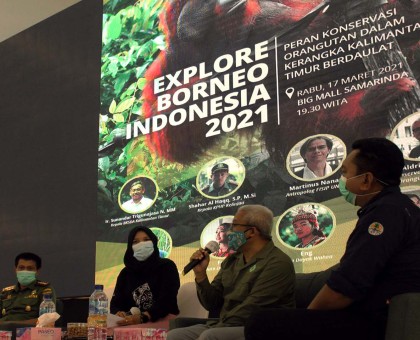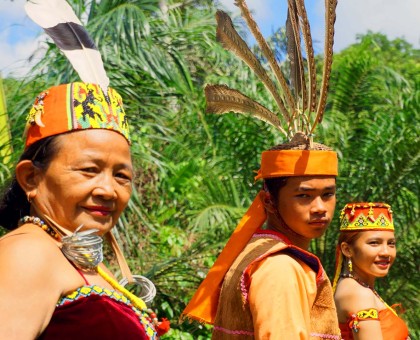14 Jun, 2021
ROLE OF WEHEA DAYAK MILLENIALS IN UPHOLDING CULTURE AND TRADITION
COMMUNITY DEVELOPMENT
Despite the effects of globalisation and popular culture permeating every aspect of modern life, the Wehea Dayak in East Kalimantan are holding on to their local culture and traditions. The BOS Foundation, together with partner organisation Save the Orangutan (StO), and with financial support from the CISU (Civilsamfund i Udvikling/Civil Society in Development), takes notice of how this generation remains faithful to their heritage. Their project underway aims to empower the indigenous Dayak Wehea community through a strengthened organization around their culture and traditions, and an increased capacity to advocate for recognition and rights as indigenous people.
As their elders pass the torch down, Wehea Dayak millennials work to safeguard and preserve the culture they inherit. One such young man, Oktavianus ‘Glen’ Yen, encourages his peers and other Wehea Dayak millennials and youth to practice their traditions in accordance with their unique culture. An alumnus of Sanata Dharma University, graduating with a major in Catholic Religious Education, Glen now works as a Community Welfare Officer in Nehas Liah Bing village.
Glen is a member of Explore Wehea, a community forum that promotes Wehea Dayak culture. Explore Wehea is open to all Wehea, and even to outsiders. As this forum has no requirements for entry, it allows anyone to learn about and explore Wehea Dayak culture.
One focus of the forum is documenting the various traditional activities being carried out in the village. “I like to take pictures and make videos. So, whenever a traditional event is held in the village, I try to attend and capture the moment. But, I have yet to document a traditional burial or similar event,” Glen says.
Glen says he wants to collect interviews from various community members to complete his collection. However, he realises that there are still many challenges to tackle: One being that he relies solely on his cell phone to make his documentation, from taking photos and videos, to editing and uploading to social media platforms.
“So far, the best images that we have were taken by professionals from outside of our community. We, as Wehea Dayak ourselves, want to be able to face these challenges directly and fully commit to preserving our own way of life in the village, whether it be related to nature or culture,” Glen says, as he acknowledges his group’s existing limitations.
Glen believes that when one pays attention to traditional events or customs - even if they do not yet understand their significance - they are showing respect for culture. While understanding can take time, curiosity and interest are immediate, and necessary. He hopes that other Wehea Dayak millennials will share this perspective.
“I see that many young Wehea Dayak people care, but they often have limited understanding of the values and procedures of our customary activities. Perhaps this is due to the lack of a forum, to discuss and build better understanding. We haven’t been able to hold a forum for quite some time and many of our young members are shy. Furthermore, we, the Wehea Dayak millennials, are somewhat reluctant to engage in communication with our parents on these topics,” Glen admits.
Glen advises the fellow Wehea Dayak of his generation, “Let's care more for humans and nature, and not be afraid of doing good. We first need to pay attention, not only to humans, but to all living things in nature. We also need to have courage, because caring for others and nature will present challenges that we must overcome. The point is never to be afraid, because I have faith that the universe will help us.”
Text by: BOSF-RHO Community Development Team

